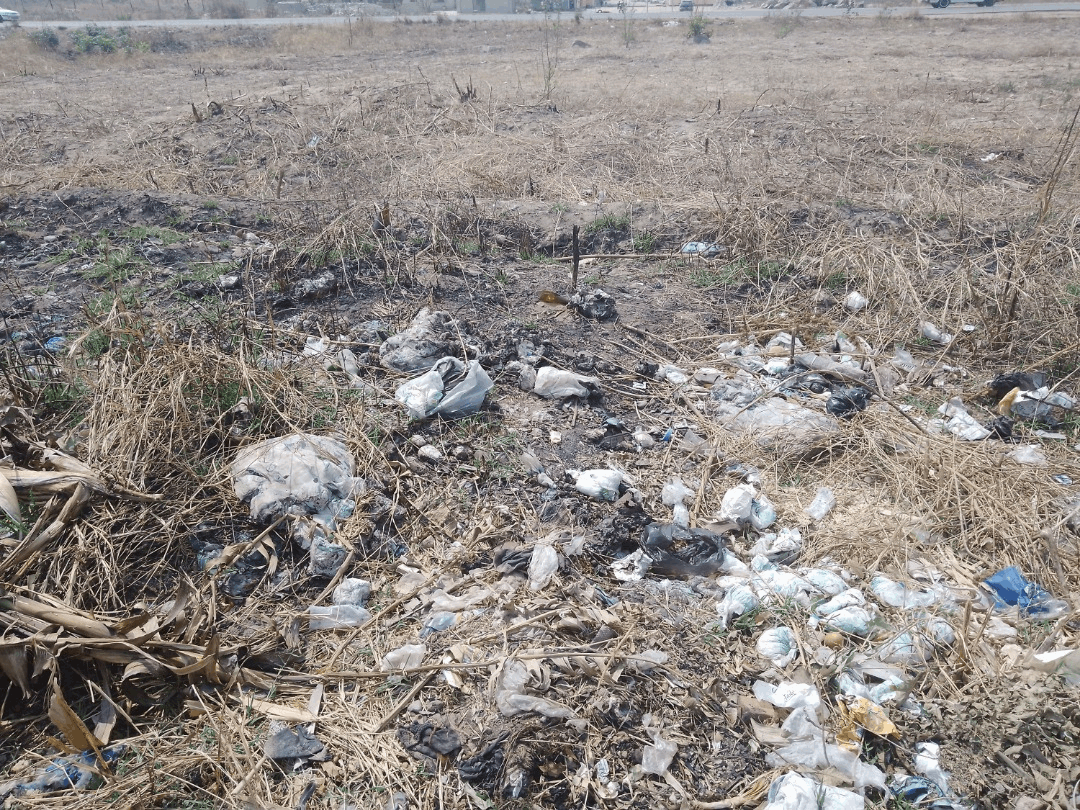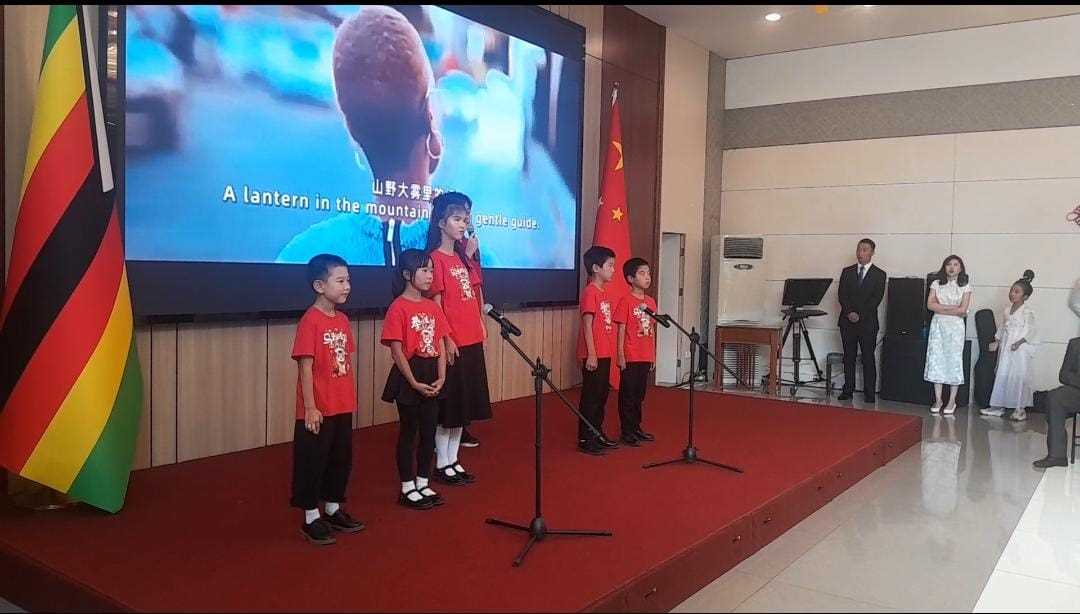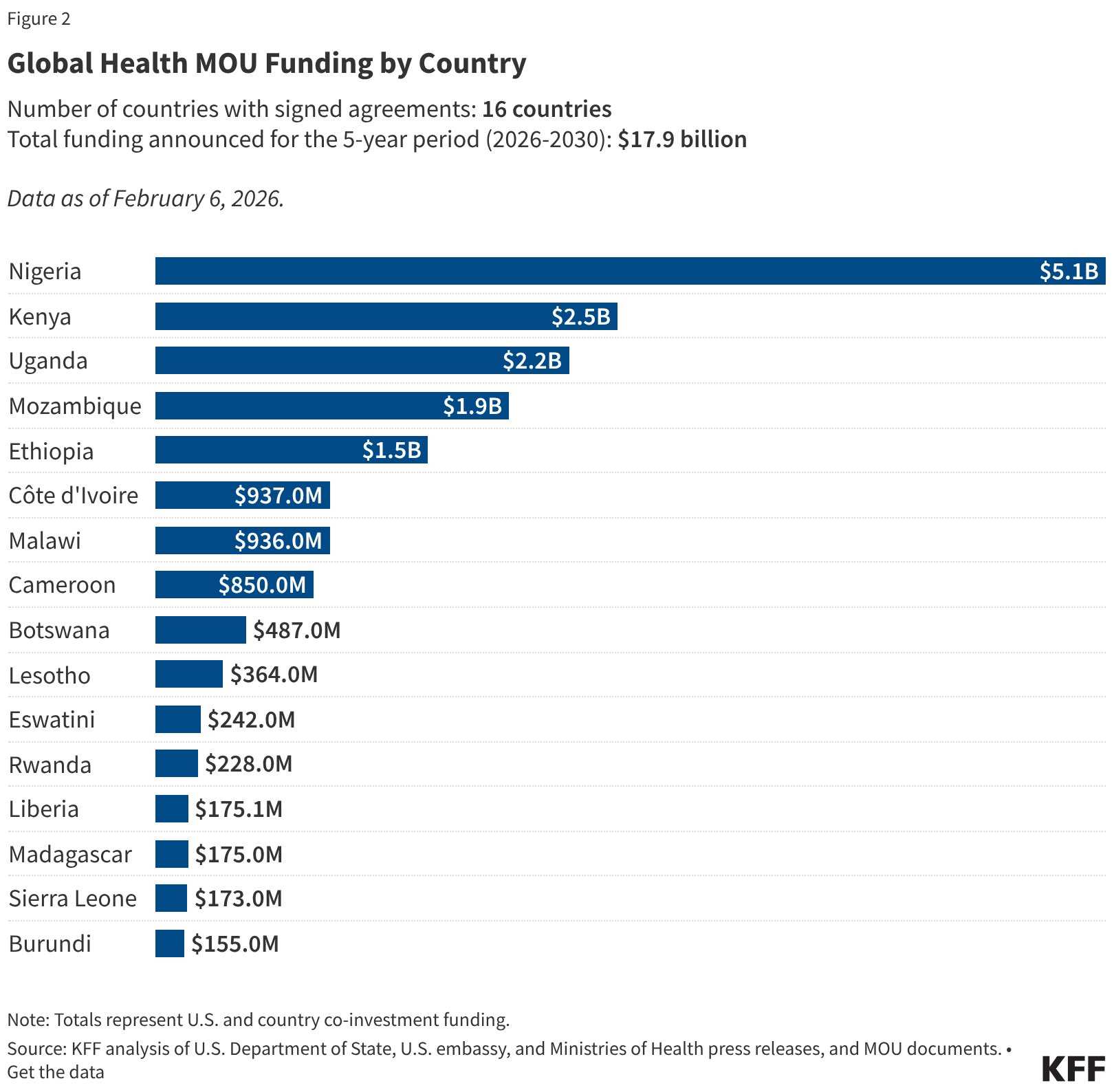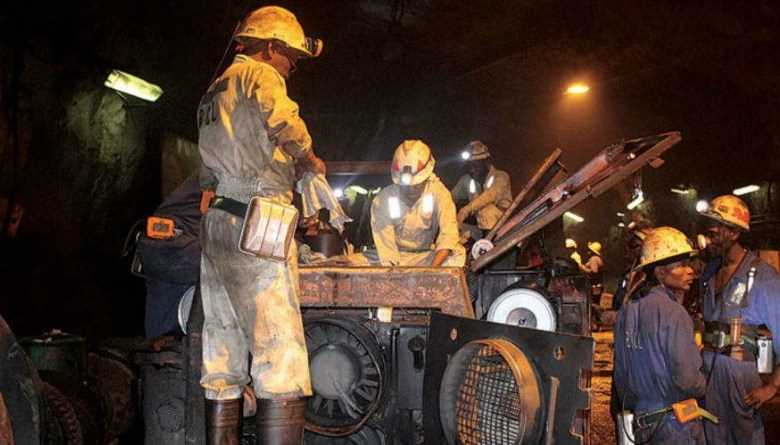Health problems linked to plastic pollution
- Cancer- predominantly breast and testicular cancer
- Male reproduction inhibition
- Babies born with deformities
- Respiratory illnesses,
- Liver and kidney failure
- Pre-eclampsia
- Stillbirth
- Insulin resistance and diabetes

Edmore Zvinonzwa
Jacobs Musenyi who lives in Mbare is fed up with the disgusting sight, and smell of used disposable diapers dumped in any open space.
“Just where did these Pampers (generic name for disposable diapers) come from? We are spoiling our own situation and that is why rains are not falling as expected because we defile the land of the ancestors. It is pure sacrilege that has never been seen in this land,” he says.
World leaders will gather in Sharm el- Sheikh, Egypt, for the United Nations Climate Change Conference (COP27) between 6-18 November and plastic waste disposal is one topic that will be discussed.
According to the World Health Organisation report of 2014, about 4,3 million people died due to exposure to house-hold-caused or in-door-related air pollution while 2.7 million were accounted for by out-door caused air pollution.
Garbage heaps dominated by used diapers have become common place in many parts of Harare. As local authorities battle with the burden of waste disposal, residents are finding their own solutions for waste removal.
Burning and dumping at open sites are the most convenient options.
When Zim Now went around the city, it was clear that the higher the population density, the bigger the problem. In Stoneridge suburb in Harare South Constituency for instance, used diapers constitute the bulk of the solid waste in the area.
When this writer visited that area, there was evidence of previous burning of the garbage while newly-disposed diapers were also visible.
Although the level of industrialisation is still low in developing countries such as Zimbabwe, air pollution now poses a threat to the nation’s environmental security.
Plastic creates toxic pollution at every stage of its existence: manufacture, use and disposal. Every bit of plastic that has ever been created still exists.
Plastic is non-biodegradable so even if it gets incinerated, its poisonous compounds still exist as particulate matter, and can escape as toxic matter into the atmosphere.
Plastic burning produces toxins such as mercury, polychlorinated bophenyls (PCBs), furans and dioxins which have serious implications on human and animal health.
A mother’s view
Winnet Moyo -29 is a working mother and just does not have the time or energy to expend on washing reusable diapers when the disposable option is available.
“Diapers are a worthy development and there is no way we can go back to pre-historic times when everything around us is changing. I did not even know how the diapers used on my year-old son are disposed, because I would not be at home anyway.
Like many other young women, Winnet cares about keeping with the trends:
“My child will not wear reusable nappies because they belong to history,” said the office worker. She says her child, who is still an infant, uses four to seven disposable nappies each day.
Asked how she disposes of the used diapers, Winnet showed zero concern.
“I am not sure. The council garbage collection is so erratic that we just have to find other ways. I would have to ask the maid what exactly she does with them,” she said. The child caregiver was not around to respond.
But the open ground dumpsite near Winnet’s home gives the answer.
The buck stops with local authorities
Environment Officer with the Ministry of Environment, Climate, Tourism and Hospitality, Beavan Ngoshi, said municipalities must take steps to ensure proper and efficient waste disposal
“Councils are required by law to dispose of solid waste properly in designated landfills. Burning of waste is not allowed and SI 6 of 2007 provides for regulation of solid and liquid waste disposal. Effects of burning waste include release of toxic gasses and substances that may harm human beings and other forms of life,” said Ngoshi.
He admitted that what is on paper and what is really happening are two different things.
“Waste management has become a big issue and one of the key developmental challenges societies are facing today is the issue of waste management. We have different waste streams that are affecting us across the world. But at a national level, we have problems with paper, plastic, hazardous substances and organic waste.”
He singled out disposable nappies as a specific challenge:
“Diapers have become a very big challenge and we treat them as a very special group of waste substances.”
Christopher Rukato, a Zimbabwean national who works in the Eastern Cape, South Africa, said local authorities in Mzansi make sure each home has separate bins for the different types of garbage. Councils in South Africa educate residents not to mix biodegradable and non- biodegradable waste and refuse teams know where exactly they will dispose of the different types of waste. It is the duty of both council and the residents to ensure waste is disposed properly. What I see here is a time bomb that is waiting to explode one day,” said Rukato, who is in the country on vacation.
Why everyone should be concerned

Former Executive Director of Business Council for Sustainable Development Zimbabwe, Tawanda Collins Muzamwese, said the disposal of diapers should be considered a matter of national urgency.
“When people burn them there are air emissions, coupled with climate change, greenhouse and global warming. There is also the risk of groundwater contamination of water bodies.
“Then we also have some irresponsible individuals who try to dispose them into the municipal sewage and trying to flush them which causes problems for infrastructure and water reticulation,” he said.
The sustainability specialist said it is not enough to blame each other on the problems but looking at alternatives is the best way forward.
“The alternative is biodegradable diapers which have come into use in other societies. What is left is for governments, parents, researchers, manufacturers, wholesalers and retailers to consult and look at the cost so that they remain affordable to the ordinary person,” said Muzamwese.
Another environment specialist said educational campaigns must also be rolled out to ensure residents are made aware of the effects of burning waste such as plastic and diapers.
Tertiary institution innovation hubs must focus on safe disposal of plastics, especially diapers. Perhaps some students can come up with novel and commercially viable ways to make the environment safer and visually more appealing by figuring out the answer.




















Leave Comments